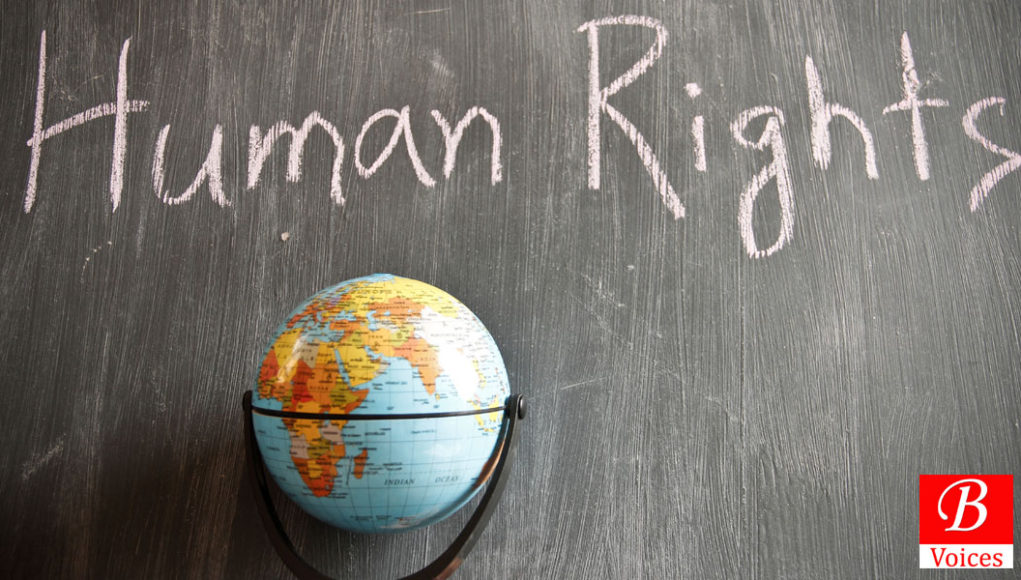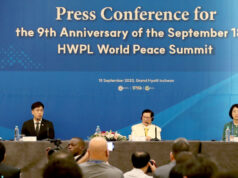Yahya Reki
Quetta: Human Rights Commission of Pakistan Balochistan Chapter expressed concerns over human rights violations of Coal Miners in Balochistan. Vice Chairperson HRCP Habib Tahir Advocate revealed this during a presser at Quetta Press Club on Thursday. Provincial Coordinator HRCP Balochistan Fareed Shahwani Advocate, Social Activist Shams Khan and Behram Baloch were present on the occasion.
While sharing further details of “Beneath the Surface, Rights violation in Balochistan’s coalmines”, Mr Tahir added that coal miners are working under the oldest “Mines Act 1923” in Balochistan, unfortunately, the said law is not fully imposed. Due to the old mining system, coalminers are going approximately 4000 feet deep in darkness to earn bread for dependent family members, their lives are under threat and it is not assured that they will be back safely.
He adds Thousands of coal miners are working in more than 20,000 coal mines in Balochistan, but there are only 27 Mines Inspectors in the field which is like cumin equals in the camel’s mouth.
The report revealed that the death toll rate is very high in Balochistan due to a lack of safety measures. According to the Pakistan Central Mines Labour Federation, at least 176 miners were killed and 180 injured in mining incidents in 2021. Of these deaths, at least 100 were reported from Balochistan. Particularly, in Machh and Dara Adam Khel accidents reportedly occur with alarming frequency.
He added that Coal mining in Balochistan is carried out under a contractors-based labour system, where mining companies sublease their mines to independent contractors, who then hire labours to mine the coal seams on the site. According to the report, Union representatives alleged that companies do not compensate miners in case of health and safety measures. The report further revealed that the coalmines in Dukki are reportedly notorious for poor working conditions, where almost all labour is provided by contractors.
The Mines Act 1923 accommodates the role of contractors only to the extent that, under section 3 (g), they are subject to the provisions of the act ‘as if [they] were an owner, but not so as to exempt the owner from any liability.
The report further revealed that the estimates of coal miners in the province vary widely from 50, 000 to (according to one union representative) up to 106,000 (according to another). However, only 7,000 to 8,000 workers are thought to be registered with the Employees Old-age Benefits Institution (EOBI). Even in the larger coal mining companies, union representatives say that only half of the workforce is registered. In more remote areas, almost no workers are registered.
According to the fact-finding report, children are being inducted into formal coal mining work at or around mining sites (although not underground) which is an open violation of child labour laws. Coal mining is deemed ‘hazardous work’ by international standards. Miners say they work 10 to 14 hours a day and earn between 30, 000 to 60, 000 PKR a month, according to union representatives.
Due to the lack of awareness, most labours are unaware of their rights and safety standards to which they are entitled under the law, which increases the risk of fatal incidents.
While answering a question raised by this scribe, Habib Tahir Advocate adds that, an increase in the use of safayda (eucalyptus) wood to construct the Tumber (poles) that support mines walls and ceilings. Traditionally, these polls were constructed of stronger-albeit more expensive keekar wood. Many private contractors and mine owners are using this cheaper/local wood safayda for their financial profit.
Under the workmen’s compensation act 1923, a miner’s family is entitled to compensation in the event of his death due to a mining accident. The said compensation rate for death and injury is lower in Balochistan (300,000 PKR), than in other provinces (500,000 PKR), even though Balochistan-based miners face a comparable level of risk.
According to the report a union representative claimed that, when a mining incident occurs, the authorities constitute a committee of retired engineers and add one union member. However, they do not necessarily visit the site of the accident.
According to the fact-finding report, Miners in Balochistan are not vulnerable to the risk of injury and accidental death on-site, but also to kidnapping and murder at the hands of militant groups.
Habib Tahir Advocate adds that there is neither an Ambulance service for miners in the mining area nor emergency health services and roads are demolished which causes an increase in deaths during an emergency situation, Often injured miners lose their lives before reaching the hospital in Quetta.
According to the fact-finding report, miners are vulnerable to lung and skin diseases in the long term, including asthma, lung cancer and tuberculosis as a result of inhaling coal dust.
The Human Rights Commission of Pakistan recommends that both the number of trained government safety inspectors and the frequency of their inspections must be increased to maintain safety standards and reduce the number of mining accidents. Coal mining is classified internationally as a hazardous occupation, and mine owners and contractors must ensure that every mining site has a functioning ambulance service and onsite emergency health worker. Ensure that all mining tunnels are at least 6 feet high and wide in accordance with the law. Tunnels must be well ventilated to allow both the entry of clean air and exit of hazardous gas to avoid methane build-ups. To use cheaper wood in place of keekar to construct supporting poles must be documented in all mines and stopped.
Mine owners and contractors who fail to maintain safety standards must be prosecuted for criminal negligence under the mines act 1923. The media should closely monitor the incidence of mining-related accidents and report on such events more frequently to raise awareness of occupational health and safety and hold mine owners accountable in the public eye. The government should upgrade the status of the coal mining sector to industry and hold mine owners as well as contractors accountable for running their sites in line with the provisions of the Mines Act 1923 and subsequent amendments. The state must invest in health, education and infrastructure in and around coal mining areas specifically and across the province in general.
Share your comments!








